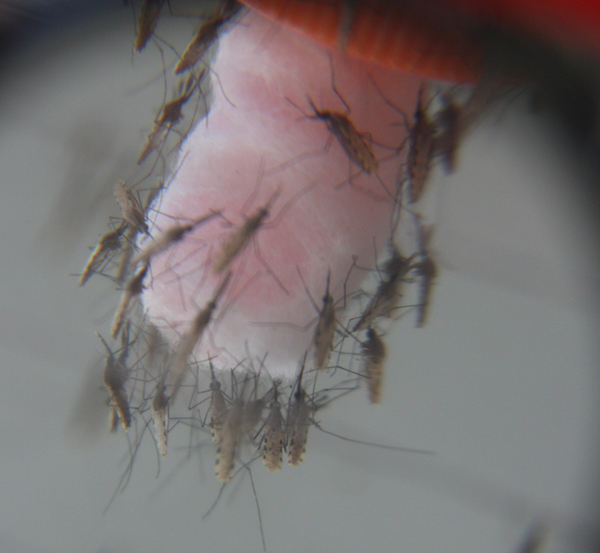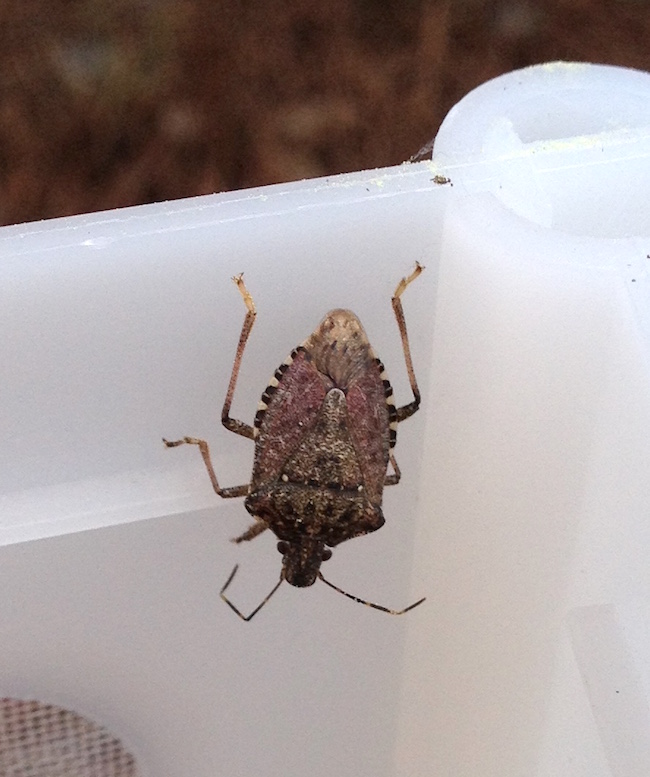 CAES News
CAES News
Brown Marmorated Stink Bug
A University of Georgia entomologist is asking Georgians to help track an insect that loves to stowaway in homes and has the potential to hurt the state’s cotton and blueberry crops. The brown marmorated stink bug, a native of Asia, was first spotted in Allentown, Pennsylvania, in 1998 and has since been found in 42 states and two Canadian provinces, according to the U.S. Department of Agriculture. To date, it is classified as a nuisance pest in Georgia, but could quickly become an agricultural pest, too.

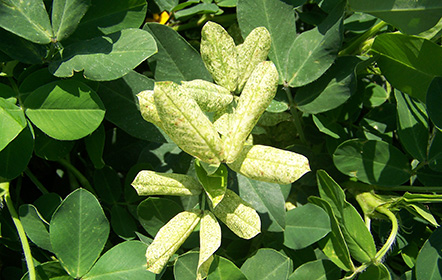
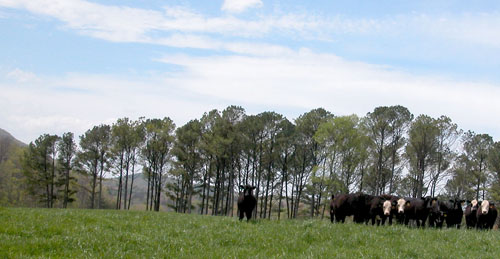

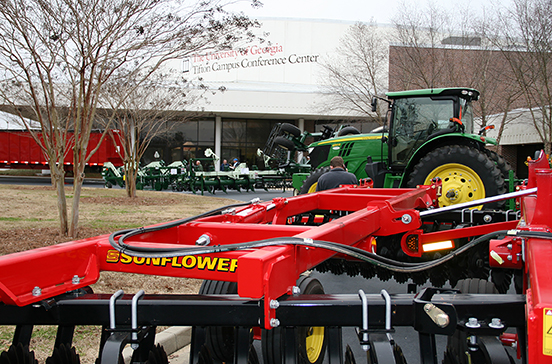
.jpg)

